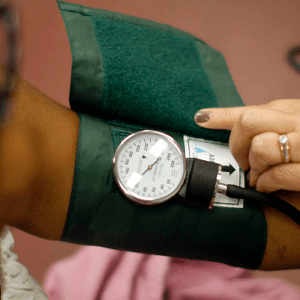A comprehensive study reveals that gentrification in six major U.S. cities has led to mixed health outcomes across different racial and ethnic groups, highlighting significant disparities. Conducted over the period from 2006 to 2021, the research focused on Chicago, Los Angeles, New York, Philadelphia, San Francisco, and Seattle—cities known for varying gentrification patterns and levels of segregation.
The findings indicate that while gentrification has improved access to healthcare for all racial and ethnic groups, making it less likely for residents to live in Medically Underserved Areas, it has also increased social deprivation and decreased life expectancy among Black, Hispanic, and people of another or undetermined race or ethnicity. Conversely, Asian and White populations have experienced either improvements or no change in contextual determinants of health, such as social deprivation, air pollution, and walkability, due to gentrification.
This study, published in Health Affairs, underscores the complex relationship between gentrification and health, suggesting that while some aspects of health access improve, the broader impacts of gentrification can exacerbate existing racial and ethnic health disparities. The authors argue that their findings should guide policy-making to protect communities at risk of worsening health outcomes due to gentrification, emphasizing the need for targeted interventions to address these disparities effectively.
See “Gentrification Yields Racial And Ethnic Disparities In Exposure To Contextual Determinants Of Health” by Arthur Acolin et al. on the Health Affairs website (February 2024)



